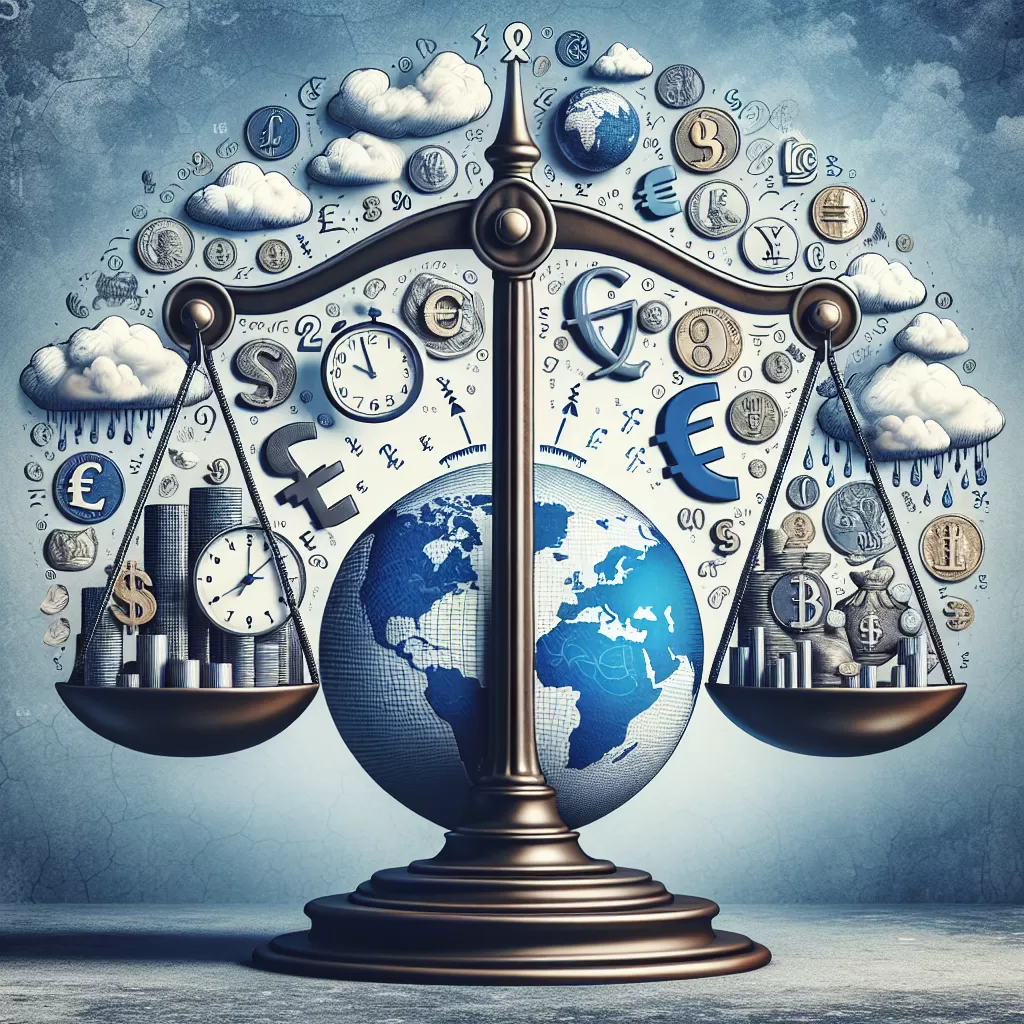Why Do Currency Exchange Rates Change
Follow Currency Mart April 10, 2024
Where to purchase Foreign Currencies?

Introduction
Currency exchange rates fluctuate daily across the world based on several key factors. As the Guardian of currency exchange, today I reveal the secrets behind these changes. Understanding these driving forces will give you an upper edge in your currency conversion journeys.Market Demand And Supply
The most fundamental reason why currency exchange rates change is due to the laws of demand and supply. When the demand for a currency increases or supply decreases, the value or exchange rate of that currency relative to others tends to rise. On the contrary, when the demand decreases or the supply increases, the value or exchange rate decreases. This dynamic behavior affects how much worth you get out of your money when you engage in currency exchanges.Interest Rates
Interest rates declared by a country's central bank like the Federal Reserve in the United States or the Bank of Canada have a significant effect on currency exchange rates. High interest rates attract foreign investors, increasing demand for the local currency, therefore strengthening it. Conversely, lower interest rates make the currency less appealing, causing lower demand and depreciation.Economic Indicators
Economic indicators such as GDP, unemployment rate, inflation rate, and others significantly affect the exchange rate. A positive indicator such as better than expected GDP results or lower unemployment often leads to currency appreciation. On the other hand, negative indications such as higher inflation can lead to depreciation of the currency.Political Stability
Political stability of a nation can also significantly affect the currency exchange rates, as investors are drawn towards countries with stable and predictable governments. In contrast, political uncertainty can have adverse effects on the value of the currency, causing depreciation.Speculation and Market Sentiment
Market sentiment and speculative trades often have massive short-term impacts on currency exchange rates. When traders anticipate a particular situation, they may buy or sell currencies in large volumes, shaping the future path of the currency’s value.Balance of Trade
The balance of trade, which is the difference in value between a country's imports and exports, can influence currency exchange rates. A trade surplus leans towards currency appreciation whereas a trade deficit often leads to the currency depreciating.Conclusion
Understanding the dynamics of currency exchange rates is not only crucial for international traders, but also for travelers and investors. However, it is essential to remember that these currency exchange movements are usually the result of many complex, interconnected factors. Accurately predicting these changes is challenging due to the market’s nature which is influenced by unpredictable economic and geopolitical events. Learning the factors affecting these fluctuations is nonetheless the first step in navigating through the realm of currencies like a pro. Maintaining vigilant awareness of these factors can prove beneficial in making economically sound decisions.
Where to purchase Foreign Currencies?